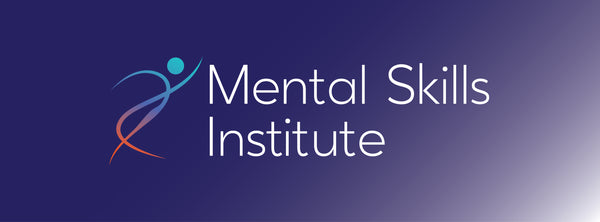We all make automatic assumptions about students or other people that we work with. Many of us are guilty of labeling students and putting them into categories and little boxes, the aim of this section is to offer an entirely new philosophy when we work with students and others - one that may change the way in which you view high performance. You will see that what separates the best of us from the rest is not innate talent, but simply the right kind of training and practice and the mental representation that we create in our mind that allows us to learn and master a skill.
Every child will experience different things in their early years, and they will attach a different meaning and develop a different brain depending on the emotional state that they were in when a particular experience occurred. Our emotions filter the nature and accuracy of what is remembered, this is the interaction between our limbic system and our cortex (in simplistic terms, the limbic system is our emotional centre and the cortex is our thinking/learning centre).
Memory and learning take place when we are in a heightened emotional state, this is why the NLP tool of ‘anchoring’ positive emotional states to certain activities is so successful, the same goes for ‘priming’ (more on anchoring and priming later). It is also why children enjoy things that their parents enjoy, this is because the parents will be in a heightened emotional state themselves which the child will notice either consciously or unconsciously. For example, the parent being more excited around the child when they are giving drawing, singing, catching a ball or tree climbing a go will lead to the child remembering that event. This is why we often confuse the early skill development of the child with natural talent. What we don’t notice is the emotional factors that influence how the limbic system interacts with the cortex which helps determine the quality of the child's memory of the event, which obviously affects quality of learning and the motivation.
Each child is conditioned and programmed through its experiences and the meaning it attaches to those experiences. This is why twins raised in the same way will wire up completely different brains and psyches. We all acquire different mental representations in childhood and throughout our life, which basically means that our brains create different maps of reality which influences our learning. This is why a baby or child raised in an environment where a highly attuned carer that speaks to them a lot will most likely initially showcase a better vocabulary and speaking skills. It is also why a child raised where they use their body more through playing outside, throwing and catching balls, climbing trees etc will initially showcase higher levels of motor coordination. Whereas a toddler that stays inside and watches Peppa Pig on the ipad without an attuned parent will not show the same motor coordination and may speak in a british ‘Peppa Pig’ accent. There is nothing right or wrong with either of these children’s environments, however what happens next is where the damage is done.
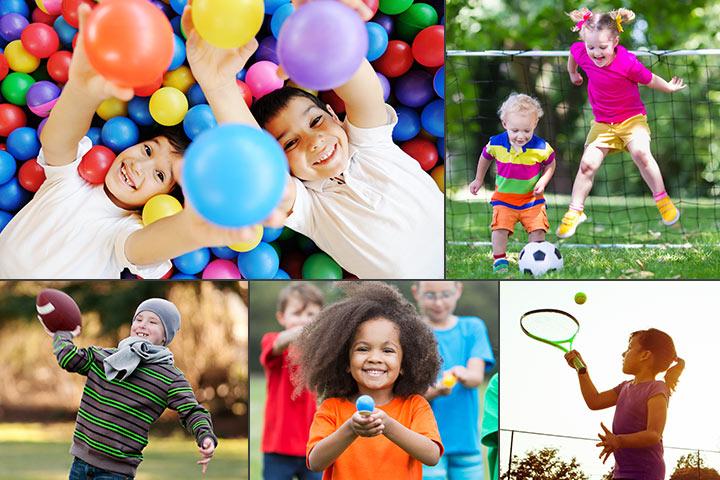
Now 7 years old, Jojo the indoors Peppa Pig watching child wants to try some soccer after school. Her starting point and skill level is well behind the outdoors ball throwing child called Emily. During the soccer lesson, Jojo hears the coach calling Emily a natural soccer player which she subconsciously notes as meaning “if Emily is a natural that must mean that I am not a natural”. After the lesson Jojo overhears the parents talking about how gifted and natural Emily is at soccer and how she makes it look easy. So the next week Jojo disengages with soccer as she takes on the belief that she is not a natural born soccer player so she will focus on things where she is having more immediate success. From this day forth Jojo identifies herself as someone who doesn’t do sport and it sets the trajectory for the rest of her life, at 30 and 40 years old Jojo is still pretty uncoordinated and she puts it down to not having the innate talent.
So what’s the big deal you ask? Well, here’s the problem with the language that the coach and the parents were using. It lacked understanding that Emily had already been kicking soccer balls for 5 years, everyday she was playing outside with balls and doing other free play type activities she was developing her muscle memory, she was developing her motor coordination, she was developing her skills and confidence. To assume that Emily is a natural born talent and that Jojo was not, ignores neuroscience and shows a lack of understanding for how skills are acquired. It’s an outdated way of thinking and it is sending the wrong messages to our children.
Let’s take another situation, Thomas is 7, his mum is a music teacher who works part time, he spends three days a week reading, talking with and singing with his mum all day and the other two days in a caring highly attentive early learning centre. Jonty is 5, he has very busy parents who spend most of their waking hours in work mode to put food on the table but for the last 5 years have been under the pump financially and have not been able to spend as much quality time and be as attuned to their son as they would have liked.
On the first day of drama class Thomas showcases his oratory skills and confidence and the coach tells him that he clearly has “the gift of the gab”. While Jonty mumbles his lines and overhears the coach telling his mum that “he is quiet and shy”. The next week Jonty quits drama and tries soccer. The common misconception is that Thomas does have a natural born gift and Jonty isn’t cut out for drama. Once again, the language used in this situation is sloppy and implies that Thomas has a special natural ‘gift’ and therefore Jonty does not. We shouldn’t compare someone's first chapter to someone else's 2nd chapter. Additionally, when we tell ourselves that we are not naturally talented at skill 'x', we are essentially writing of our children's ability in that same skill.
I have coached a number of young students that people call naturally gifted. But look into their childhood experiences and you see that there was a significant amount of time where the coordination was developed prior to coming to see me. Another misconception that adds to the myth is when people are skilled at more than one discipline, for example rugby and tennis, or music and drama, people will say that this has to be natural talent. Often these skills cross over into other disciplines so it fuels the myth that someone is special.
Growing up, I was skilled in a number of different sports and people would tell me that “I was talented”. Knowing what I now know I can see clearly that it was down to my upbringing of growing up on a farm with endless space and spending most of my days developing skills through play with various sized balls, rackets and other objects. On the flip side, I was also told that I was shy and wasn’t very arty, or musical. In reality this was because I had not developed and adapted my brain to enable me to learn these skills. People confuse talent with skill, we need to replace the word talented with skilled. “Emily is very skilled at soccer”, not “Emily is naturally talented”.
Why environment adapts the brain
The importance of the environment is absolutely crucial and often overlooked by coaches. Just look at India - is the reason that they have so many more doctors living and working in other countries because they are genetically smarter and are born with a naturally superior IQ? No of course not, the answer is because it’s the environment that they live in. Roughly 1.2 billion in population means that they have to compete like crazy, therefore the individuals that do make the cut are extremely well educated. According to Yale University, Indians make up roughly 20 percent of the ‘international medical graduates’ or ‘foreign-trained doctors’ operating in the U.S. To even get accepted into first year medical school in India you are competing for a minute amount of spots versus an enormous amount of highly focused people. And if you graduate as a medical doctor in India, you really are the best of the best, the cream of a very very large crop. On top of this, there are cultural differences in India where someone’s individualism is not usually sought until after they have finished study and secured a job.
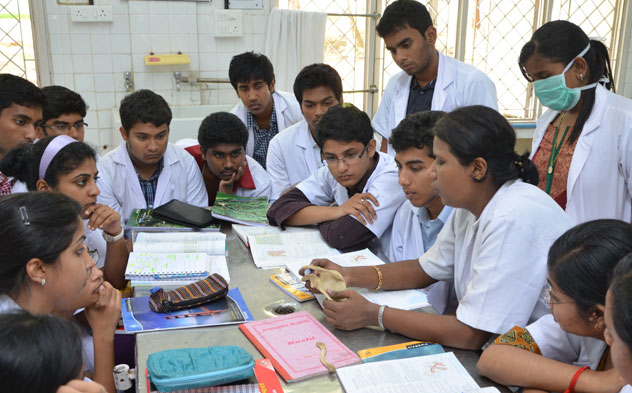
The same goes for South Korea and women’s golf. In early February 2020, South Korea boasted 14 of the top 30 female golfers in the world. How could this be? Is it natural born talent? Nope, the answer lies in the environment and culture. I have been told that children as young as 5 do drills where they use their putter to putt off a pile of coins, one coin at a time. This is the precision, feel, and focus that young South Korean golfers are developing their skills with. And their young artists are taught to make 100 shades of grey with just one graphite pencil. Clearly this is not natural born talent or gifts, even though the outcomes are remarkable. Instead it is simple skill acquisition that is developed inside of a unique environment or culture.
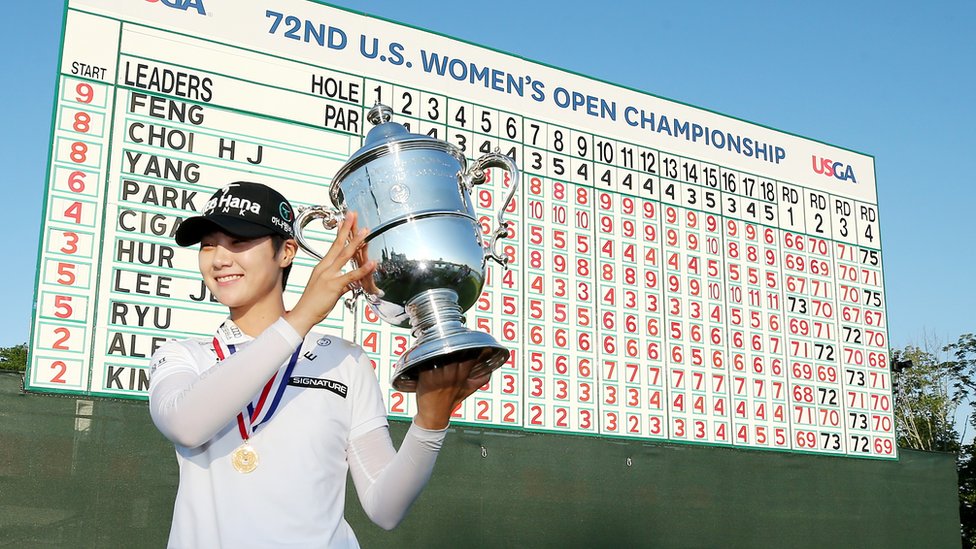
I could give endless examples of what most misconstrue as talent, Mozart, Kobe Bryant, Albert Einstein, Roger Federer the list goes on, simply rewind their life back to birth and you see how these skills developed and how their brains wired up. Perhaps the most undeniable example is the experiment that Laszlo Polgar played out on his daughters. Before the birth of his first daughter he said that he would disprove the talent myth by making his daughter the best at any skill he chose (the crazy son of a gun). He ended up choosing chess as the skill was objective and easy to test. The result of his experiment on his daughters was that all 4 of Polgar’s daughters achieved top 5 world rankings, with the youngest daughter Judit becoming the greatest female chess player of all time. Case closed. (Important Note: Laszlo Polgar did this experiment with ecology where he fostered intrinsic motivation from the child, any other way leads is not ecological and leads to unintended consequences such as early burnout).

But does the science also disprove the natural talent theory?
The prefrontal cortex (the thinking part of our brain) is the last part of the brain to be fully online, it takes approximately 19-25 years and it’s the reason we see higher rates of speeding, risk taking and mood swings in teenagers.
Dr Robert Sapolsky the leading neuro-endocrinologist, neuroscience professor at Stanford university and author of ‘Behave’ points out “So if the frontal cortex is the part of the brain that is the last to develop then by definition it is the part of the brain that is least influenced by genes”. What this is essentially saying is that it’s the environment that shapes your prefrontal cortex and thus it’s the environment that has the most influence over our skill and knowledge development.
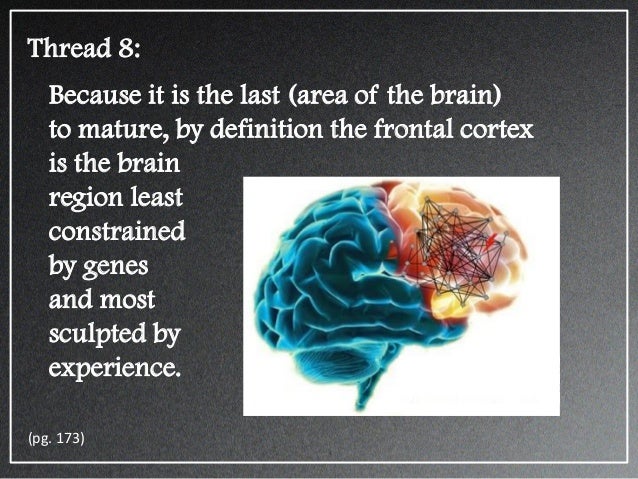
All kids are able to adapt their brains and develop complex skills
Parents want to believe that their little Emily or Thomas is special, they want to believe that they have the superior genetics that have created a superior child. It is ingrained in our society, Donald Trump literally said that having an uncle who was a professor at MIT was proof that he had smart genes, that science ran in the family and that he basically knew more than his own Covid 19 virologists. Trump say's “I had an uncle who went to MIT who is a top professor. Dr. John Trump. A genius. It’s in my blood. I’m smart.”
It also wasn’t that long ago that both women and African Americans did not have the same rights because they were viewed as having minds/brains that were not worthy of the same responsibility as men and whites respectively. Unfortunately this genetic superiority mindset is still out there in society, it’s usually unconscious now rather than overtly in your face. Although in NZ you hear that you don't want too many coconuts in your rugby team as you need to balance it out with some "brains". If people are still saying stuff like this out loud, you can also imagine what beliefs are influencing them subconsciously. Perhaps the most horrific and well documented take on the theory of genetic superiority was the attempted ethnic cleansing of the Jews by Hitler and the Nazis, they believed that an Aryan race would benefit mankind more in the long run. A horrifically twisted take on Darwin’s theory of natural selection, this was actually legitimised by German scientists at the time.
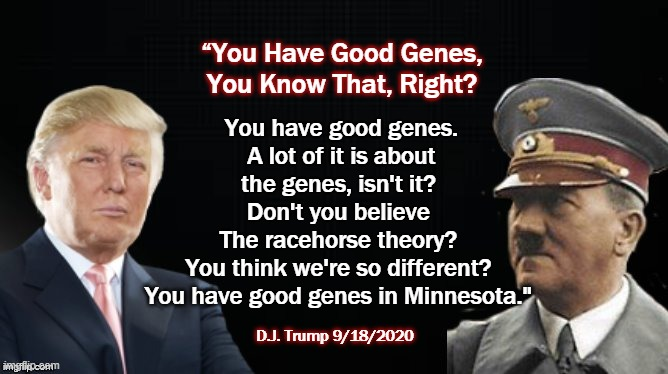
While obviously views have changed now, there are still the undertones that reveal themselves in the language and perspectives that some parents and coaches show. We still hear comments like “art genes run in our family” or “I don’t have a natural aptitude for math”. What does it mean for the child if the parents are saying that they don’t have a natural gift for math? It’s implying that the child won’t have this imaginary “math gene” either. All the child’s automatic brain hears is “give math a go but you’ll probably fail because it’s hereditary.”
It is more empowering and healthy to instill the belief that we are all born with the capability to adapt and develop our skills in any complex task which we desire. And by definition this makes EVERYONE special, everyone has the ability to develop skills that onlookers will call “talents” and “gifts”. Everyone has the ability to improve, everyone has the ability to grow and it is through this growth and development that we achieve the best outcome and fulfillment.
Note: For some disciplines that require certain body types such as jumping or sprinting then genetics will heavily influence the performance. However for complex tasks it’s not about genetics but rather our brain's ability to adapt and this adaptation starts with the right mindset and environment.
The key takeaway - Anyone can adapt their brain so create your own micro-culture to enhance skills
When we talk about the environment and culture we are not just talking about the natural environment. Individuals, parents, teachers, coaches, managers, teams and organisations can use these concepts to create a micro-culture that creates the optimum environment for learning and skill acquisition. Outcomes are the bi-product of skill development and motivation.
- Create and model the right emotional states in the learners because this is how memories and learning occurs.
- Create and foster an environment that focuses on skill development instead of natural “gifts” (aka a growth mindset culture).
- Create an environment that blocks out some of the negative effects of the wider societal culture that can infiltrate and poison your micro-culture. (stay tuned).
